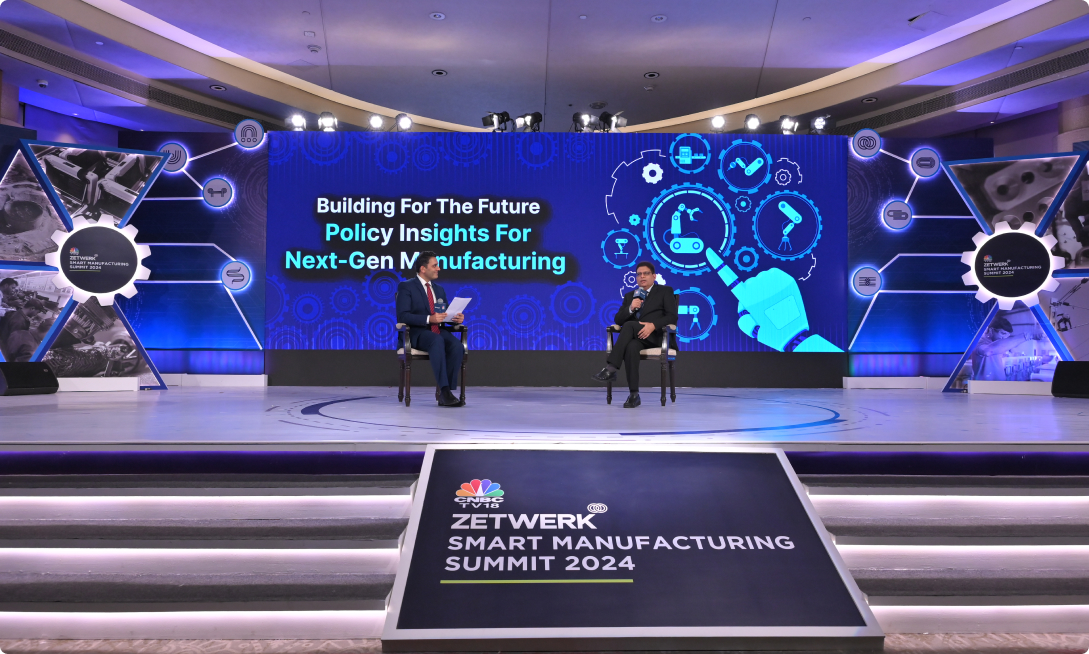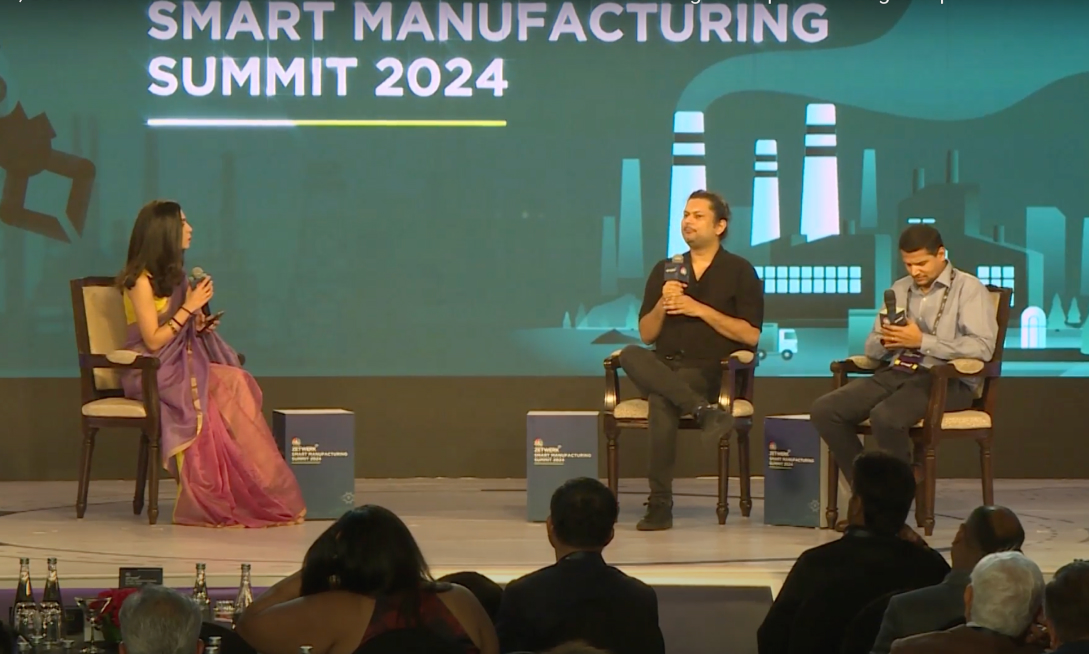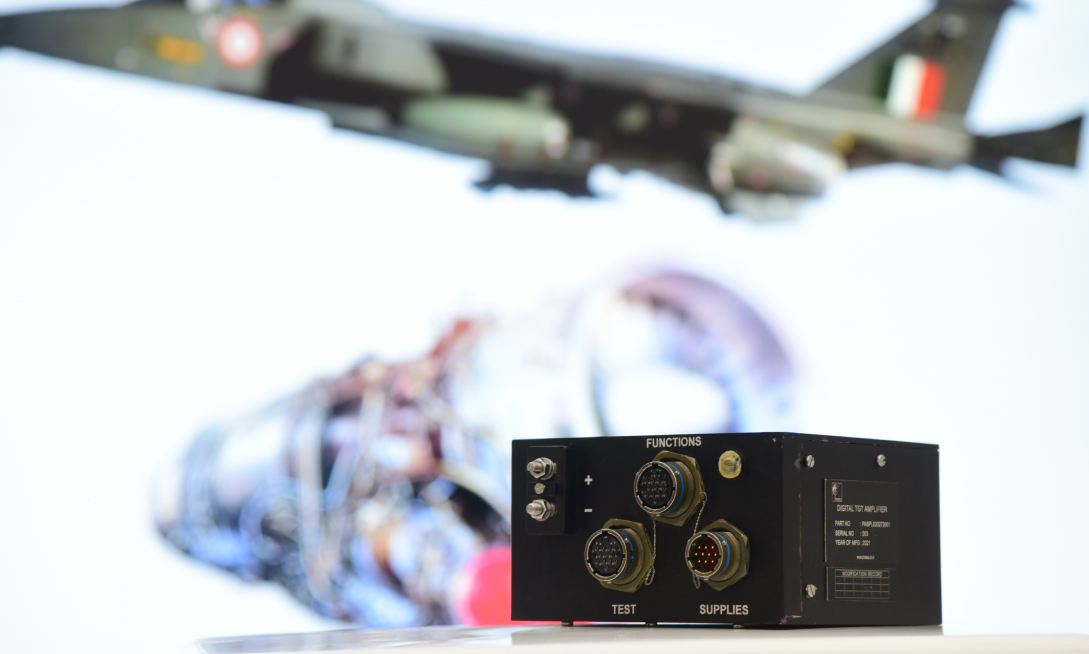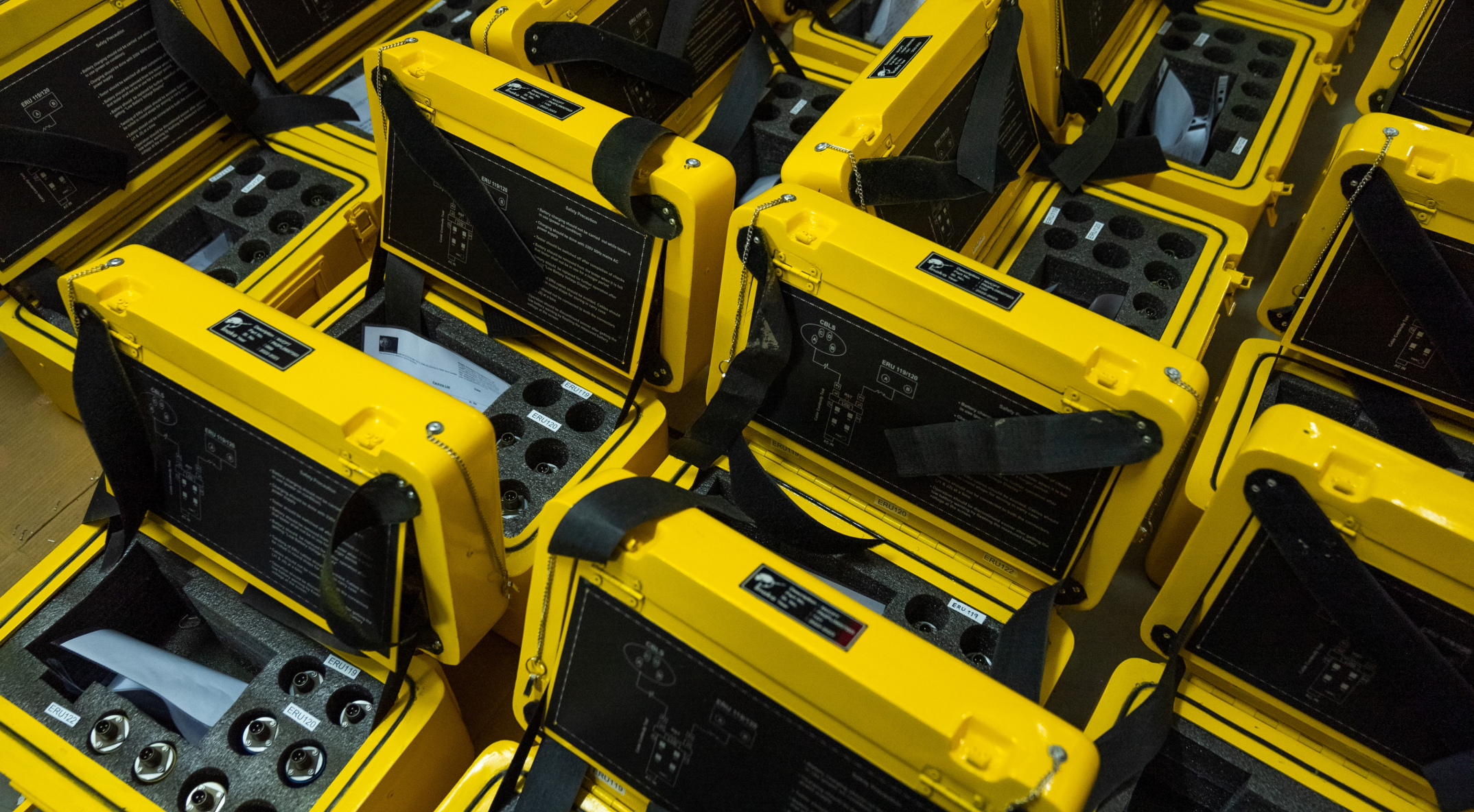Indian Mobile & IT Hardware Manufacturing Revolution: A Policy, Innovation, and Global Integration Journey
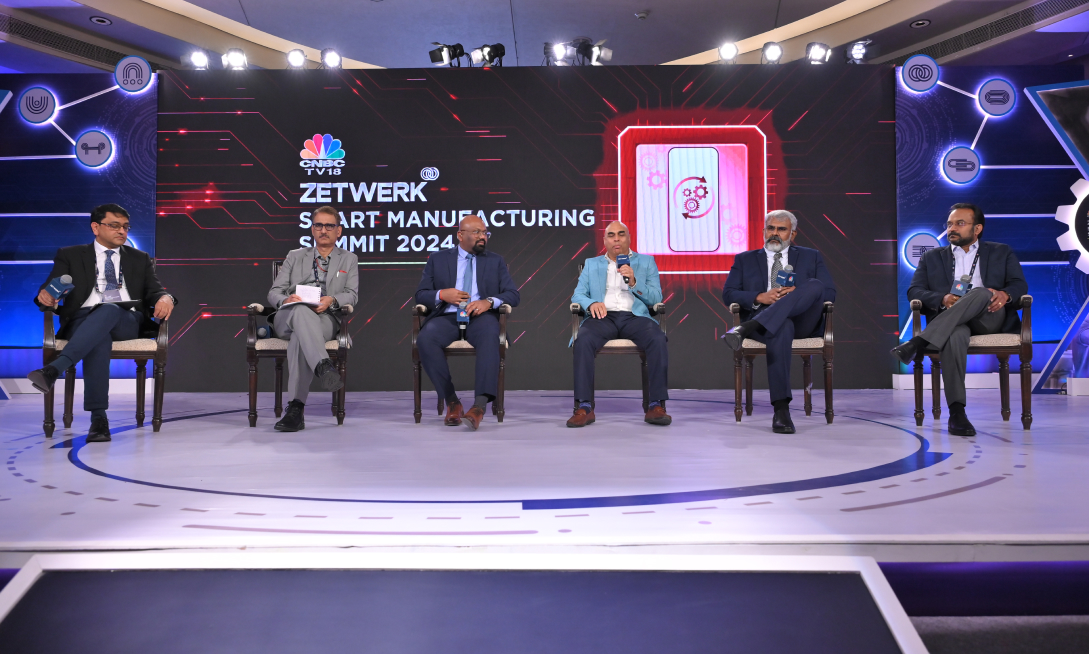
A Close Look into Policy, Innovation, and Global Integration
In a panel discussion hosted at the ZETWERK Smart Manufacturing Summit, leaders from the Indian electronics industry converged to discuss the nation’s ascendancy in mobile and IT hardware manufacturing. The dialogue dissected crucial facets such as the impact of the Production Linked Incentive (PLI) scheme, policy frameworks, localization strategies, and the roadmap toward seamless global integration.
The Genesis of Success: The Importance of PLI
Mr. Ishtiyaque Ahmed, the Senior Adviser at NITI Aayog, explained the origins of the PLI scheme. He stressed its strategic alignment with core competencies, advanced technology adoption, scalability, and seamless integration into global value chains. This policy framework looks at nurturing domestic manufacturing and positioning India as a serious player in international markets. The triumphs witnessed, especially in mobile manufacturing, underscored the transformative impact of PLI, attracting substantial investments, resulting in significant production volumes, and mitigating import dependencies.
Industry Voices: Propelling Forward
Mr. Josh Foulger, President of Electronics at ZETWERK Manufacturing, emphasized the indispensable role of governmental policies in steering industry paradigms. He likened the ongoing phase in Indian electronics to a watershed moment akin to the Y2K era, signaling a shift towards self-sufficiency and global competitiveness. The amalgamation of Indian intellectual property, manufacturing prowess, and component expertise heralded an era where India will not just assemble, but innovate, design, and export avant-garde electronics.
Navigating Innovation through Policy Levers
Mr. Sembian V from Tejas Networks spoke about how policy levers such as PLI infused momentum into the industry, spurring innovation and manufacturing capabilities. While acknowledging the transitory nature of PLI incentives, he underscored the necessity for sustained support and ecosystem augmentation to ensure enduring competitiveness.
Localization Strategies: A Success Story from Ather Energy
Mr. Harendra Saksena, Chief Procurement Officer at Ather Energy, shared insights into effective localization strategies, citing their achievements in electric mobility localization. He stressed the imperative of deepening localization beyond tier 1 to tier 2 and tier 3 levels, aligning seamlessly with global value chain dynamics.
From Assembly Lines to Innovation Hubs: Deki Electronics’ Perspective
Mr. Vinod Sharma, Managing Director at Deki Electronics, painted a holistic picture, envisioning India’s journey from being assemblers to blossoming as innovators across the electronics value chain. He accentuated the urgency of nurturing a robust environment for component manufacturing, design, and brand ownership to achieve sustainable global integration and competitiveness.
Global Integration and Technological Horizons
The panel collectively underlined the holistic nature of India’s electronics journey, encompassing foundational policy frameworks to industry-driven innovations and global integration strategies. Mr. Sharma aptly captured the essence of electronics as a horizontal force shaping diverse sectors, from energy to automobiles, highlighting the pivotal role of technology in addressing global challenges such as climate change.
The Foundry Push and Government Initiatives
Mr. Kumar spoke on the role of local foundries and semiconductor imports in propelling the electronic segment. He highlighted recent government approvals of various foundries, ATMPs, and OSATS in India, aligning with the localization and value-addition drive in the semiconductor industry.
Mr. Vinod Sharma, MD of Deki Electronics, contributed sharp perspectives on manufacturing. He emphasized the transformative shift in mindset catalyzed by initiatives like PLI, instilling belief and determination among industry players to pursue global manufacturing excellence.
Private Sector and Synergies in Manufacturing
Mr. Josh Foulger underscored collaborative efforts between the Indian government and the private sector in crafting scalable, quality-centric, and cost-competitive value chains. He highlighted the decade-long progress, with growing global confidence in sourcing from India due to the convergence of manufacturing and supply chains and a diverse talent pool.
Exploring Near-Term Opportunities
Mr. Sembian V outlined actionable steps for industry players, emphasizing deep-rooted investments in quality, R&D, and design capabilities. He reiterated that quality commences in the design room, emphasizing a holistic approach encompassing product quality, supply chain sustainability, and global competitiveness.
Automotive-Electronics Partnership
Mr. Harendra Saksena accentuated the symbiotic relationship between the automotive and electronics sectors, particularly in the context of electric vehicles (EVs). He stressed the need for indigenous development and manufacturing in crucial domains like energy sourcing and electronics to foster innovation and cost-effectiveness in the EV ecosystem.
The Policy Imperative for Smart Manufacturing
Mr. Ishtiyaque Ahmed elaborated on the policy framework propelling India’s smart manufacturing agenda. He emphasized integrating India into global value chains (GVCs) across sectors like electronics and automobiles. The PLI scheme and allied initiatives aim to bolster its manufacturing prowess by fostering deeper integration into GVCs, enhancing competitiveness, and creating value.
Looking Ahead: A Thriving Ecosystem
As the dialogue unfolded, it became apparent that mobile and IT hardware manufacturing ascent transcends mere statistics. It symbolizes a paradigm shift towards self-reliance, innovation, and global relevance. The convergence of foresighted policies, industry dynamism, and technological acumen positions India as a formidable entity in the global electronics arena, poised for further growth and impact.
The Indian journey towards mobile and IT hardware dominance is marked by economic growth, strategic policies, innovation, and global integration. Industry leaders stress collaboration, quality investments, and the automotive-electronics partnership for a thriving ecosystem ready for growth, innovation, and being globally competitive. With the right blend of policy, industry, and tech, India is poised to lead in electronics manufacturing, paving the way for impactful leadership.


